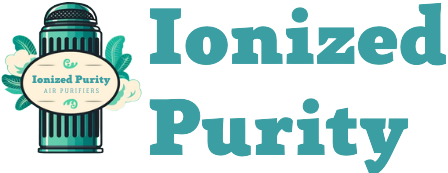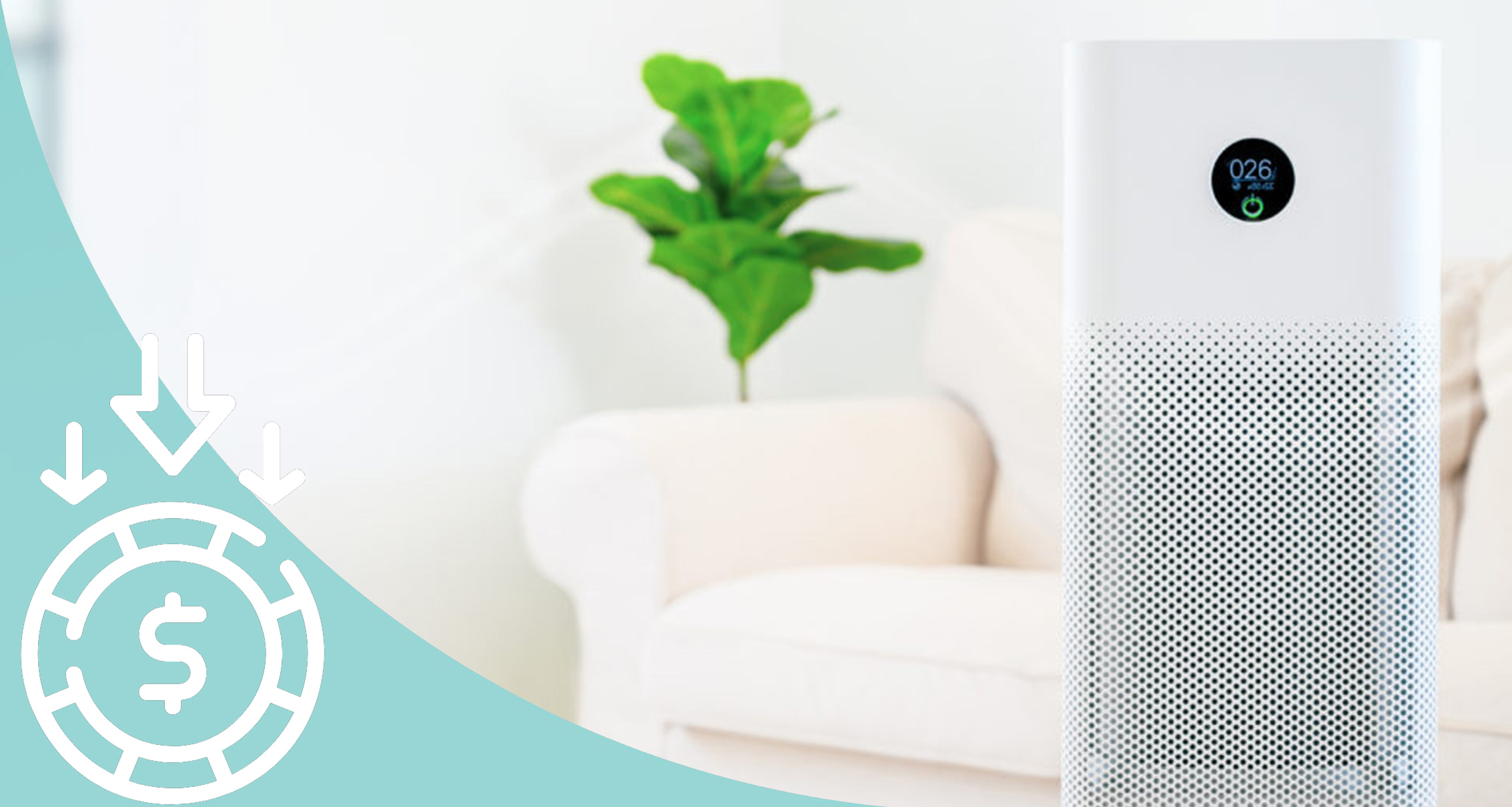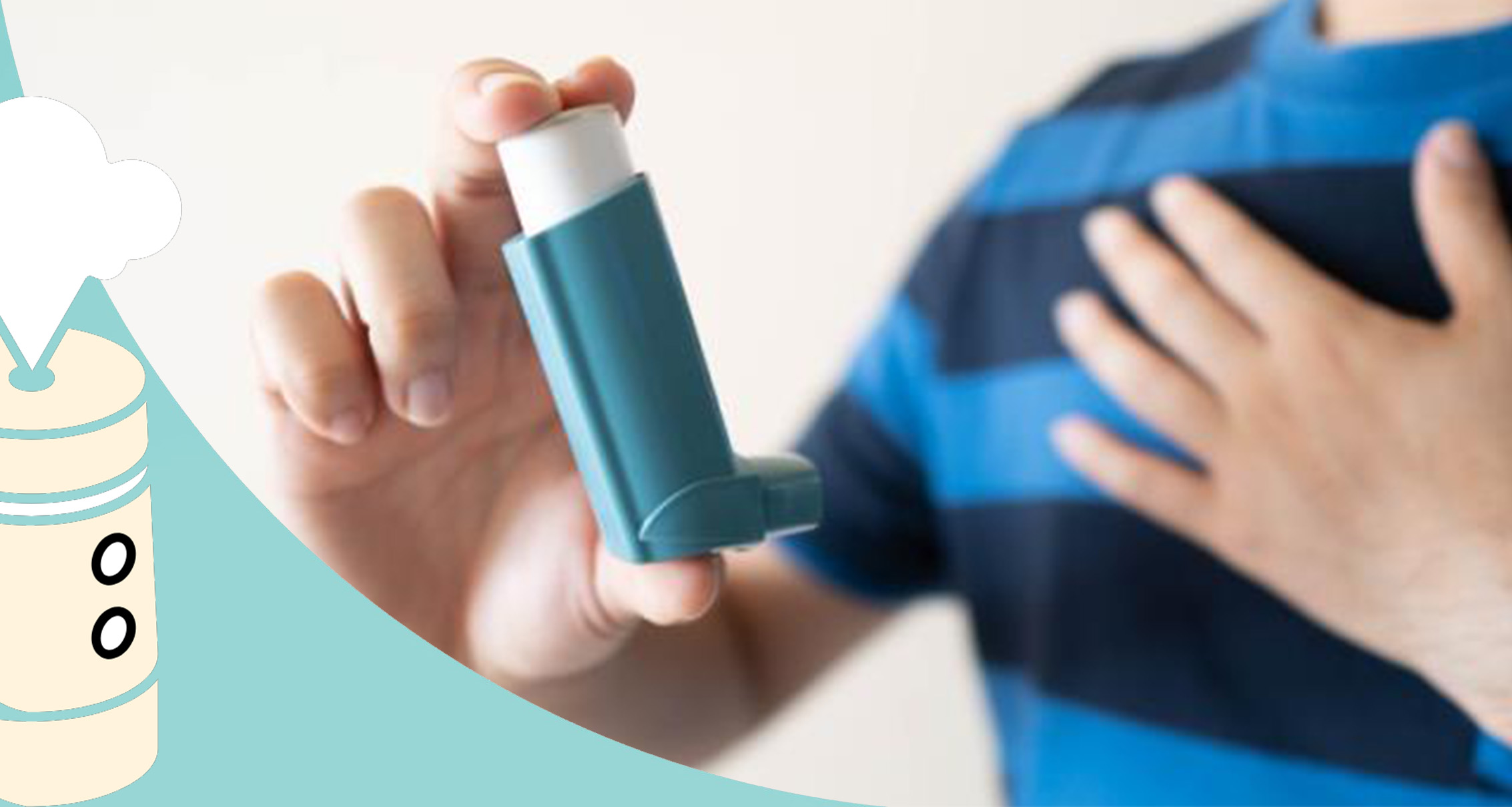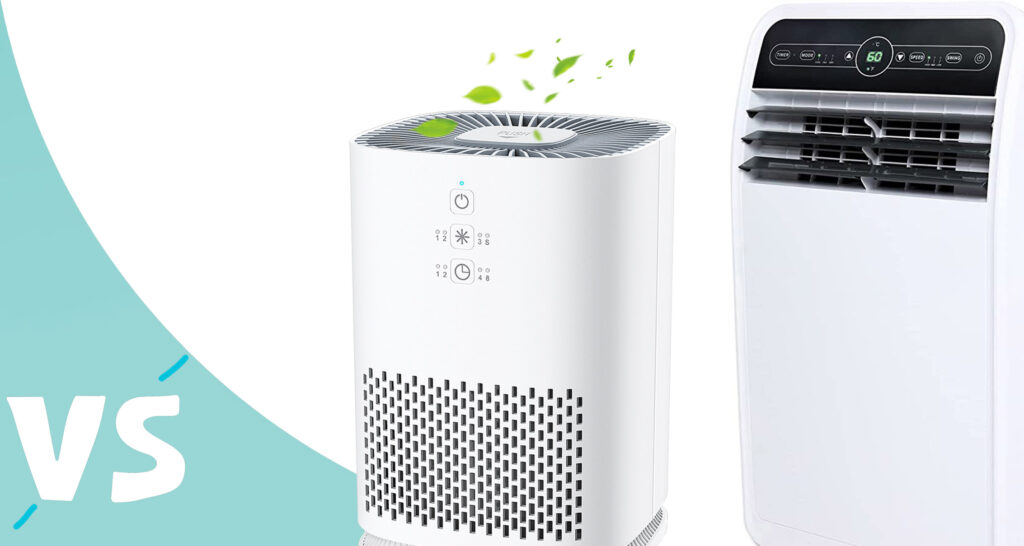
Table of Contents
In our pursuit of comfortable indoor environments, air conditioners and air purifiers often stand as our prime assets. But when it comes to air conditioner vs air purifier, what sets them apart? Do you need an air purifier if you have an AC? Let’s delve into these questions and more in this post.
Basic Functions of Air Purifiers and Air Conditioners
Before we dig into the air conditioner vs air purifier debate, let’s understand the fundamental functions of each.
Air Purifier
Air purifiers serve one primary purpose: to clean the air. They use filters, and sometimes UV light or ionizers, to remove airborne pollutants like dust, allergens, pet dander, and even harmful chemicals. They are particularly beneficial for people with allergies or respiratory conditions, or those living in high-pollution environments.
Air Conditioner
Air conditioners, on the other hand, are designed for temperature control. They work by absorbing the warm indoor air, cooling it via a special refrigerant inside the coils, and then redistributing the chilled air back into the room. Some ACs can also act as heaters during colder seasons.
| Basic Functions | Air Purifier | Air Conditioner |
| Primary Purpose | Cleans the air | Controls temperature |
| Method | Uses filters, UV light, or ionizers | Uses refrigerant |
How do Air Conditioners Work?

The central principle behind an air conditioner’s operation is phase conversion, where a refrigerant liquid absorbs heat from indoor air and evaporates. It then travels to the outdoor unit, where it releases the heat and condenses back into a liquid. This cycle repeats, continuously lowering the indoor temperature.
Can Air Conditioner Filters Trap Pollutants?
While air conditioners do have filters, they are primarily intended to protect the equipment from large particles like dust and hair that could harm the system. Most air conditioner filters aren’t designed to trap microscopic pollutants like allergens or bacteria. This is where air purifiers have a clear advantage, with filters specifically engineered to capture small particles and improve indoor air quality.
How Can Air Conditioners Impact Indoor Air Quality?
Although not their primary function, air conditioners can influence indoor air quality. By circulating air and controlling humidity levels, they can discourage the growth of mold and other harmful microbes. However, if not regularly cleaned and maintained, AC units can become a source of contamination themselves, fostering mold and bacteria in their filters and ductwork. Regular air conditioner air filter replacement is thus vital for maintaining good air quality.
What is the Difference Between Air Conditioners and Air Purifiers?
The main difference between air conditioners and air purifiers lies in their functions.
An air conditioner is primarily for temperature control, while an air purifier aims to improve indoor air quality. It’s essential to understand that an air conditioner alone may not significantly improve air quality in your home, especially if you’re dealing with allergens, bacteria, or volatile organic compounds.Visit our partners,shoes – leaders in fashionable footwear!
Can the Air Conditioner and Air Purifier be Used Together?
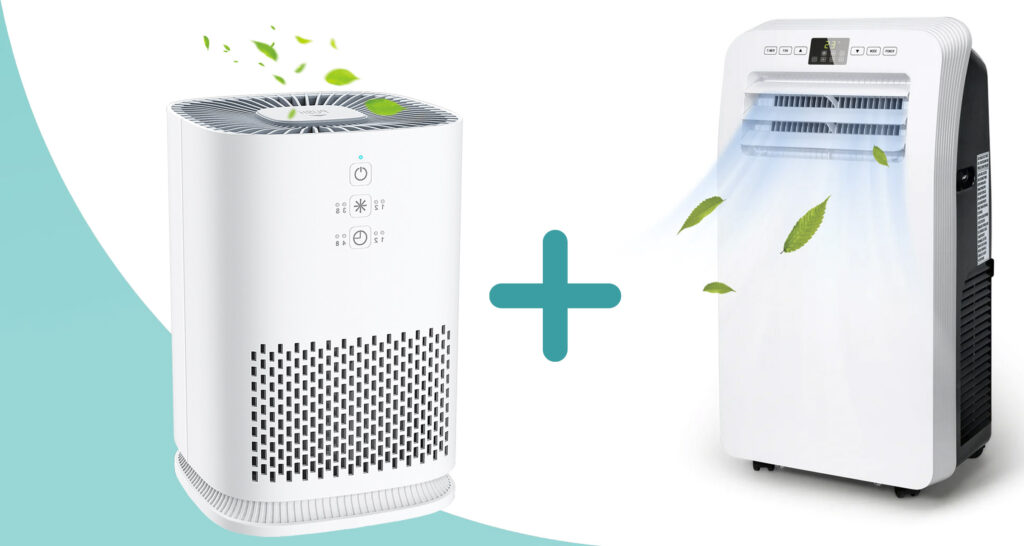
Absolutely. An air conditioner and air purifier combo can provide a comprehensive solution for indoor comfort and health. The AC can handle temperature control and basic air circulation, while the air purifier ensures the air being circulated is clean and free from harmful pollutants. In this way, you can enjoy a cool (or warm), clean, and comfortable indoor environment.
In conclusion, both air conditioners and air purifiers have their unique roles in maintaining indoor comfort and air quality. Considering your specific needs and circumstances can help you decide whether you need one, the other, or perhaps a combination of both.
FAQ
Can I use an air purifier with an air conditioner?
Yes, you absolutely can. In fact, an air conditioner and air purifier combo can be a comprehensive solution for both temperature control and air quality improvement. While the AC maintains a comfortable temperature and circulates air, the air purifier ensures this air is clean and free from harmful pollutants.
Do air purifiers cool the air?
No, air purifiers do not cool the air. Their main function is to remove airborne contaminants from the air, such as dust, pollen, pet dander, smoke, and other pollutants. If you need to cool the air in your home, an air conditioner is the right appliance for the job.
Do air conditioners purify the air?
Not entirely. While air conditioners do have filters that can trap some larger particles like dust and hair, they are not designed to remove smaller pollutants like allergens, bacteria, or volatile organic compounds. For significantly cleaner air, especially if you have allergies or respiratory issues, an air purifier is recommended.
Do air conditioners bring in air from the outside?
Most residential air conditioners do not bring in air from the outside. Instead, they cool the indoor air that is already circulating in your home. However, some air conditioning systems, especially larger, commercial ones, may have an option to bring in outside air, also known as “fresh air intake”.
